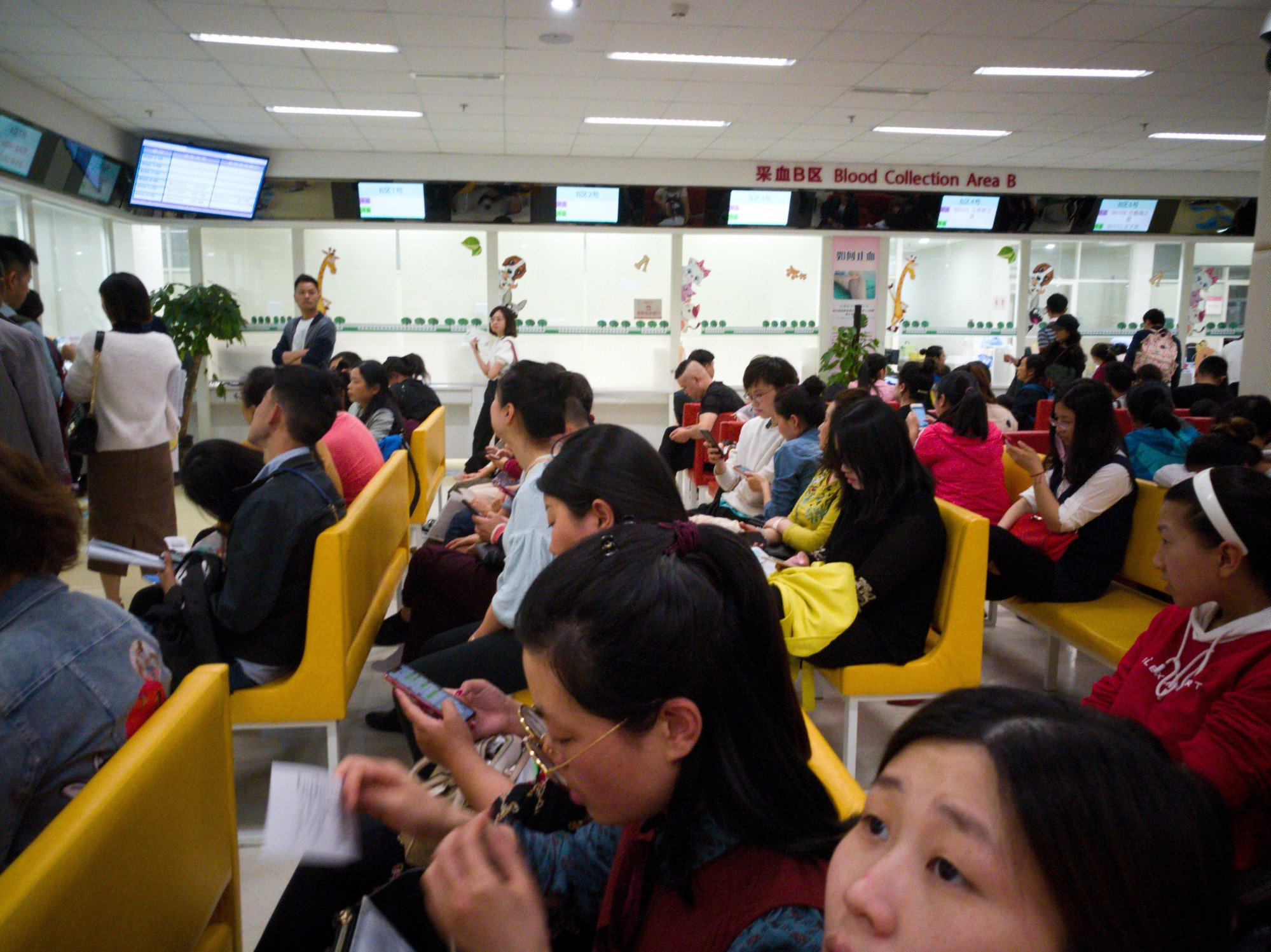The first thing the doctor would say to me was, “Take off your underwear and lie on the table”. Then, she would squeeze some gel on my belly and start rolling an ultrasound probe up and down my skin with her right hand. She would type on a keyboard with her left hand when she spotted something on the screen.
The process usually lasted 15 minutes. The whole time, the doctor never spoke to me directly. She occasionally shouted incomprehensible measurements at her assistant, who recorded them on a diagram of the human uterus.
It was a strange and uncomfortable experience. They were examining me, but I felt entirely irrelevant.
The blogger shared her experience of being at the doctor’s and the discomfort she felt during her appointment, wondering why there haven’t been any improvements.

Many others commented on her post, leaving messages about the pain they had suffered. One said she asked the doctor to be careful when inserting the speculum, to which the doctor apparently replied, “ You’ve had sex before. Just relax”.
Another said that even though modern medicine is so advanced, it is still so painful for women to give birth, because women are rarely the focus of those advancements.
It’s quite difficult for the situation to improve when discussions about women’s health in this context are still scarce in China, if not a taboo subject. Furthermore, at the gynaecologist’s, a woman’s body is often seen as a vessel for carrying children.
During my pregnancy, I was often told by doctors that I should be careful with the kind of medicine I took for fear of affecting the fetus. Epidurals during birth are also not common in China, even though the government has been pushing for this.

Moreover, from the hospitals’ perspective, pain relief may not be a high priority. Hospitals in China face intense pressure to make money. If tools such as the speculum prove to be effective and cheap, it’s difficult to push for new products entering the market.
Even though there are pain management guidelines for anaesthetists, such as which drugs to use, they are usually for surgery and severe illnesses like cancer, not so much for body exams and other types of discomfort the medical world might consider mild.
But even so, I believe there are small things hospitals and individual physicians can do to relieve patients of pain. Communication always helps. Chinese hospitals tend to focus just on curing the disease, and with little attention paid to comforting patients who are confused, scared or lack any medical knowledge.
If doctors tell patients beforehand what kind of procedure will be done, what kind of discomfort to expect and how long it will last, or even do small things such as applying lubricant on the speculum, or warming it up first, it would make a big difference.
Phoebe Zhang is a society reporter with the Post


